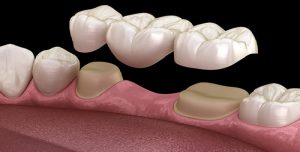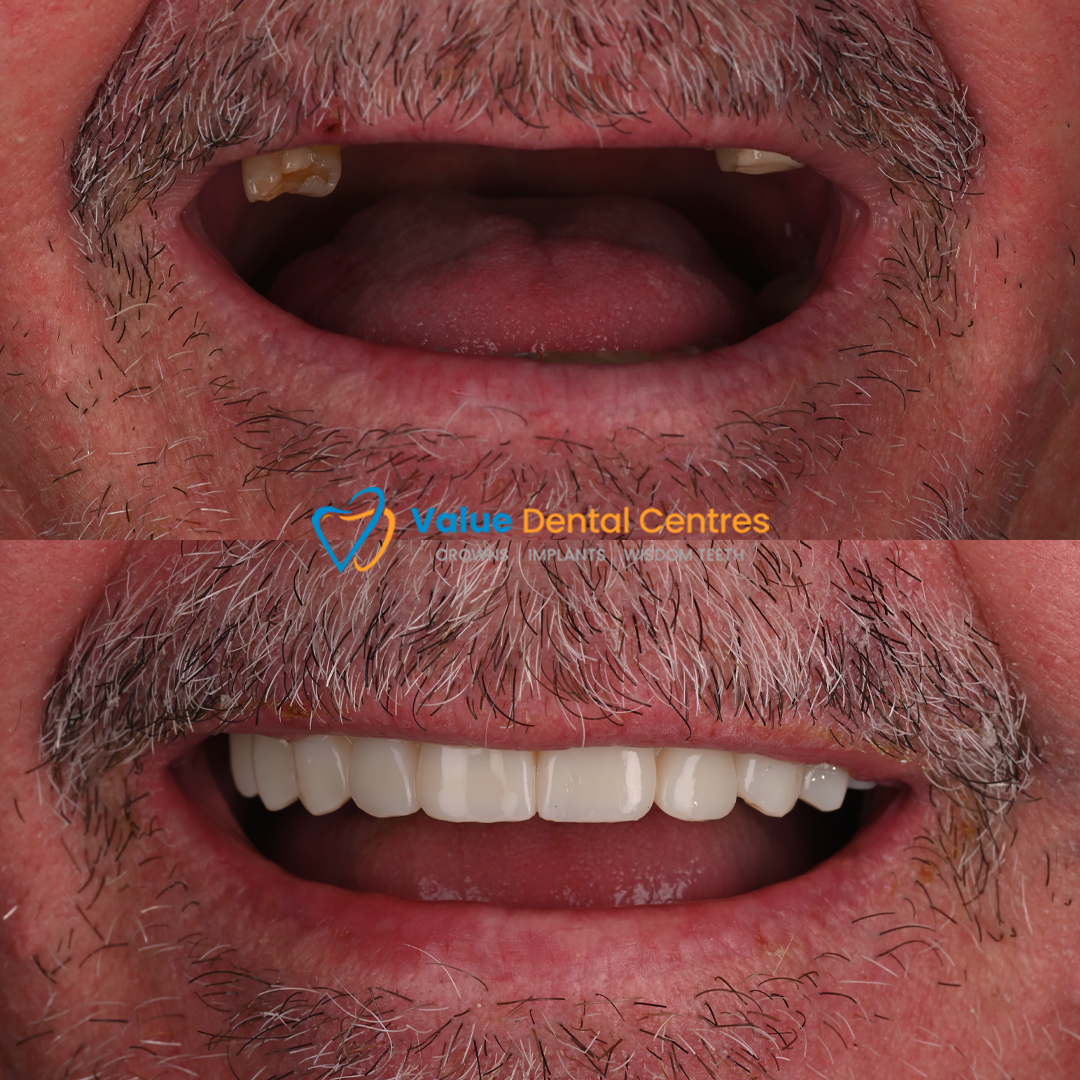Losing a tooth can be an upsetting experience, impacting your oral health, appearance, and confidence. When faced with tooth loss, exploring your tooth replacement options is essential. Among the various solutions available, dental bridges are a common choice.
However, making an informed decision that aligns with your specific needs and circumstances is crucial. In this article, we will compare dental bridges to other tooth replacement options to help you understand the pros and cons of each.
1. Dental Bridges: A Fixed Solution
Dental bridges are a fixed restoration, typically consisting of one or more prosthetic teeth (pontics) that bridge the gap left by a missing tooth. They are anchored to adjacent healthy teeth (abutments) or dental implants. Here are some key features of dental bridges:
- Stability: Dental bridges offer stability and durability, making them a long-lasting solution.
- Appearance: They provide a natural appearance and are custom-designed to match the colour and shape of your existing teeth.
- Adjacent Teeth Involvement: The placement of a bridge requires the alteration of adjacent healthy teeth to serve as abutments, which can weaken them over time.
2. Dental Implants: A Permanent Option
Dental implants are a popular choice for tooth replacement, as they offer a permanent solution. Implants involve surgically placing a titanium post into the jawbone, providing a sturdy foundation for a crown. Here’s what you need to know about dental implants:
- Longevity: Dental implants can last a lifetime with proper care and maintenance.
- Oral Health: They support oral health by preserving bone density and preventing adjacent teeth from shifting.
- Surgical Procedure: Implant placement requires oral surgery, which might not be suitable for everyone.
3. Removable Dentures: A Flexible Choice
Removable dentures are a cost-effective and non-invasive option for replacing missing teeth. Dentures come in two main types: complete (full) dentures and partial dentures. Here’s what you should consider:
- Affordability: Dentures are generally more budget-friendly than bridges or implants.
- Removability: They are easy to remove for cleaning and can be adjusted as needed.
- Stability: Dentures may feel less stable and comfortable than other options, which can affect speech and eating.
4. Implant-Supported Dentures: Combining Strength and Flexibility
Implant-supported dentures offer stability and versatility for those seeking the best of both worlds. They are secured in place with dental implants, combining the benefits of implants and dentures:
- Stability: Implant-supported dentures stay securely in place, providing confidence during speech and eating.
- Bone Preservation: Like dental implants, they help maintain bone density.
- Initial Investment: The procedure and materials for implant-supported dentures can be costlier than traditional dentures or bridges.
Making an Informed Decision

Choosing the right tooth replacement option is a crucial decision that should be made in consultation with a dental professional. Factors such as your oral health, budget, and personal preferences should all be considered. Whether you opt for dental bridges, dental implants, removable dentures, or implant-supported dentures, each option has its advantages and disadvantages.
At Value Dental Centres, our experienced dental team is here to guide you in making an informed choice that suits your individual needs. To learn more about your tooth replacement options or to schedule a consultation, contact us today. We are committed to helping you achieve a healthy, beautiful smile that lasts a lifetime.

